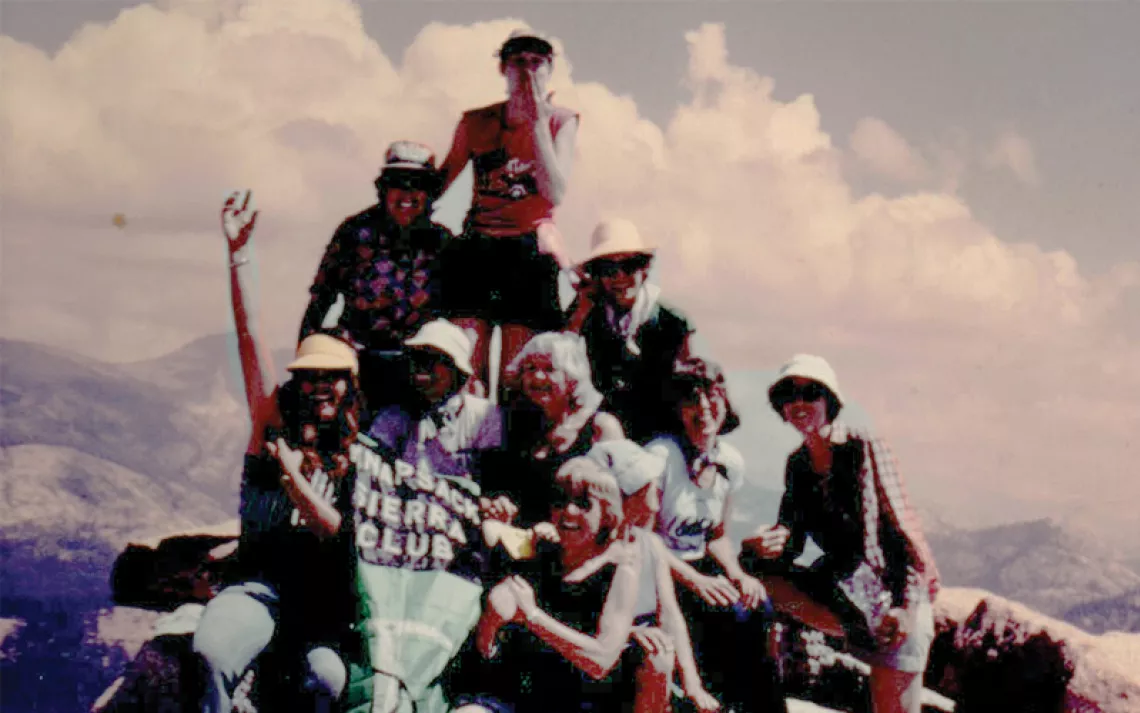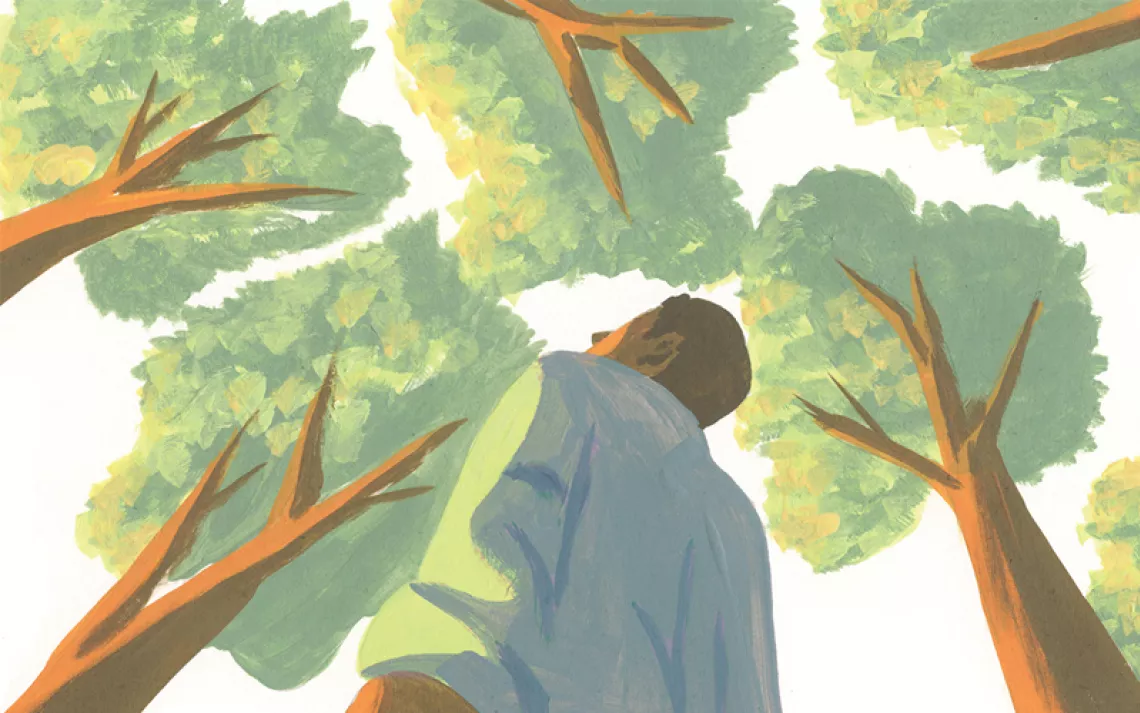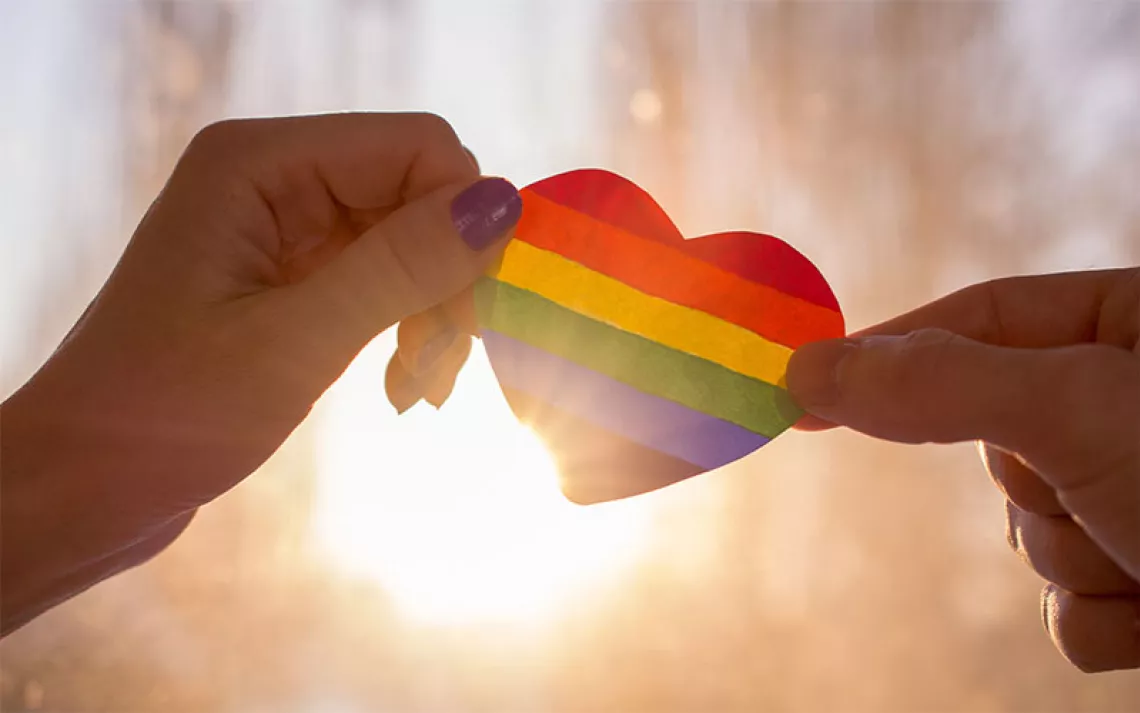B Corps That Get You Outdoors
Check out brands that support the environment, labor rights, and your adventurous lifestyle

Courtesy of Cotopaxi
Even when big businesses promise to do no harm, the drive to maximize profits often ultimately trumps social and environmental considerations. A corporation that attains B Corporation certification, however, is required to meet strict standards for how it treats its workers, affects its community, and stewards natural resources—and its performance on social and environmental goals is made public on bcorporation.net.
After outdoor industry do-gooder Patagonia became a B Corporation in 2012, for instance, the company expanded its staff’s medical coverage as well as paid maternity and paternity leave for employees. Less than a decade old, B Corps are now more than 2,700 businesses strong, with a presence across 150 industries in 60 countries. While different states have varying standards for B Corp certification, the overarching objective is to move toward a more ecologically regenerative and socially inclusive economy—an alternative to the capitalistic fervor that's helped fuel social inequality and the environmental crisis.
Here are seven B Corps that are out to support your adventurous lifestyle.

COTOPAXI creates innovative outdoor products while striving to fight poverty. The company earmarks 1 percent of revenue for grants to nonprofits like Educate Girls (India), Fundación Escuela Nueva (Latin America), Proximity Designs (Myanmar), International Rescue Committee (Middle East and Europe), and Nothing But Nets (sub-Saharan Africa). Cotopaxi also sources repurposed materials in many of its products. The Teca Half-Zip Windbreaker ($80), for instance, is made with polyester taffeta sourced from Philippines mills’ remnant fabric—giving material that may have gone to waste a chance to shine as a highly packable, wind-resistant jacket. Bring your hiking essentials along in the large kangaroo front pocket, front flap pocket, or internal phone pocket, which doubles as a stuff sack.

KAMMOK's brand-new Mantis UL ($259), the lightest all-in-one hammock system (weighing two pounds, three ounces) in the land, has a silky-soft hammock body made from the company’s Gravitas fabric, tree-friendly straps, a built-in insect net, and an ultralight rainfly with 15D nylon diamond ripstop. The streamlined, portable home for hikers lets you pack less and cover more ground, and makes it possible to shed more pack weight by removing some elements. Who needs a tent and a sleeping bag when you can have it all in this hammock? Plus, purchases support Explore Austin, a nonprofit that provides mentorship and adventure to the youth of Kammok's home base of Austin, Texas.

FISHPOND was the first fly fishing business to become a certified B Corp. The company supports conservation partners (like Protect Our Winters, First Descents, Trout Unlimited, and Western Rivers Conservancy), manufactures nearly 100 percent of its fabrics out of recycled threads, and even uses recycled fishing nets pulled from the ocean in its Cyclepond fabric, featured in several product lines. The Thunderhead Submersible Duffel ($300) incorporates recycled nylon from fishnets, and has a submersible main cargo zipper to keep your gear safe and dry. Braided climbing rope handles give you a good grip on the bag, and the zipper runs diagonally, offering quick access to gear.

KLEAN KANTEEN partners with various organizations addressing plastic pollution, land and water conservation, and consumer safety—like 5 Gyres, Breast Cancer Prevention Partners, American Rivers, and NatureBridge. The reusable bottle company recently released a 5 Piece Straw Set ($10) consisting of four straws made from high-quality 18/8 stainless steel topped with a food-grade, removable color silicon flex tip. The fifth piece is a straw brush made of stainless steel and natural palm fibers for cleaning your straws—meaning you’ll never need to use a disposable, waterway-clogging plastic one again.

MPOWERD not only creates solar-powered lights, but also invests a majority of its gross revenues in providing affordable solar light to 3 billion residents of developing countries who still live without reliable access to electricity. The Luci Connect ($65) is a solar-powered smart light, meaning it pairs with your phone via Bluetooth so you can control brightness, colors, set schedules, and check battery life from a distance (the latter’s especially useful for marking your camp for after-dark returns). The 7.4Wh lithium-ion battery lasts up to 24 hours when fully charged, and the light is waterproof and collapses for easy packing.

OLUKAI embraces Hawaii’s cultural ethos of island sustainability and community stewardship. The leather it uses, for instance, comes from gold-certified tanneries—all of which hold third-party certification confirming their sustainable practices. Whenever possible, the company sources Bluesign-certified dye for textiles. The ‘Ohana sandals ($65) are fully vegan and built to last with water-resistant synthetic straps, quick-drying jersey knit lining, and a soft nylon toe post. A compression-molded midsole with a smooth drop-in footbed (a design choice meant to mimic what it feels like to stand in wet sand with bare feet) provides anatomical fit for sustained comfort over time.

Organic and fair-trade tea leaves, dried organic herbs, roots, and whole fruits join forces to flavor BREW DR. KOMBUCHA ($3.50). The brand's 100-percent renewable energy initiative—which involves offsetting the company’s emissions through the purchase of credits from Oregon wind and Idaho solar, among others—keeps 1.42 million pounds of CO2 from entering the atmosphere each year. And instead of getting unsuspecting consumers drunk, the Brew Dr. separates alcohol distillate and turns it into spirits or ethanol to help fuel cars. Choose from among a wealth of flavors, available in bottles or cans.
 The Magazine of The Sierra Club
The Magazine of The Sierra Club



